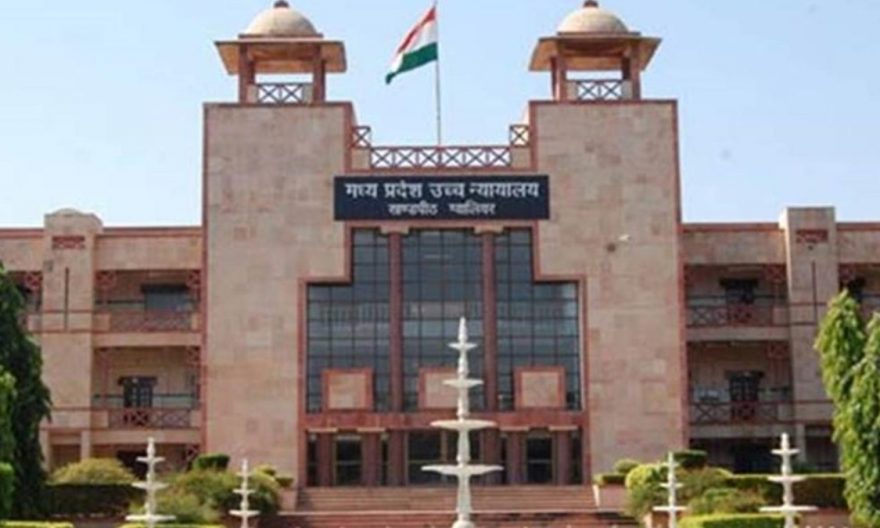
The Madhya Pradesh High Court in the case Naresh Rajoriya v. The State Of Madhya Pradesh observed and remarked what is glaring or staring at this Court is that in the 21 st century, still in the name of caste and creed, social differentiation is being created, while the court denied the bail to a man who has been accused of establishing physical relation on a false promise of marriage.
The bench comprising of Justice Vivek Agarwal observed and denied him bail on the ground that it was not in the of justice so also the interest of a vulnerable witness to grant him bail as the Court found that this is not the correct stage to extend him the benefit of bail.
Case Brief and the arguments advanced:
Essentially, one accused, Naresh Rajoriya was seeking bail in connection with a Crime registered against him under Sections 376, 506 of Indian Penal Code, 1860. It was submitted by his counsel that the applicant is a differently abled person working as a Canteen Attendant in the Ministry of Defence and that the prosecutrix was a consenting party.
While defending his client, the counsel appearing for the accused submitted that the allegation against the applicant was only with regard to a false promise of marriage, therefore, it was on record that they both had stayed in the hotel on seven occasions between the year 2020 and 2021.
Further, it was argued by him that the prosecutrix herself had refused to marry the applicant initially, and later on, she had sent a message that the applicant may marry any other girl. Before the court, it was also submitted that since the complainant was 5 years older than the applicant in age, and they both belong to different castes, the marriage couldn’t take place.
The counsel appearing for the state and the complainant argued before the Court that on the last date, the applicant had sought time to seek instructions because it was informed that the applicant was willing to marry, however, because of family pressure, the applicant had to wriggle out.
The Court observed that it was also submitted that both the applicant and the complainant are handicapped and the applicant had approached the complainant with a promise of marriage and had enticed her into a physical relationship, therefore, later on, since he got a job with the defence establishment, he refused to marry her.
The counsel appearing for the applicant submitted that though the sister of the applicant was willing to perform the marriage of the applicant with the complainant, since the father of the applicant had refused his consent because of the age difference and caste difference, the marriage was not possible.
Observations Made by the Court:
It was noted by the court that the applicant always had knowledge about the age difference between him and the complainant and that there was also conscious knowledge of differences in the caste.
Further, the court observed that the only uniting factor was emotional bonding on account of both being differently abled and there was a promise on part of the applicant but later on, as soon as he could get a job, his attitude was changed.
The Court remarked that apart from these facts what is glaring or staring at this Court is that in the 21 st century, still in the name of caste and creed, social differentiation is being created. Further, the case is not suppression of caste of the prosecutrix, which was discovered later on.
It was noted by the court that in any case, the prosecutrix has not been examined in the Court of law and she is a vulnerable witness.
The court denied the bail as it remarked that If the applicant is enlarged on bail then there is the possibility of witnesses being tampered with. Further, having due respect to the judgments cited by Shri Ankit Saxena, I am of the opinion that to secure the interest of justice and also the interest of a vulnerable witness, this stage is not correct to extend the benefit of bail to the applicant.




